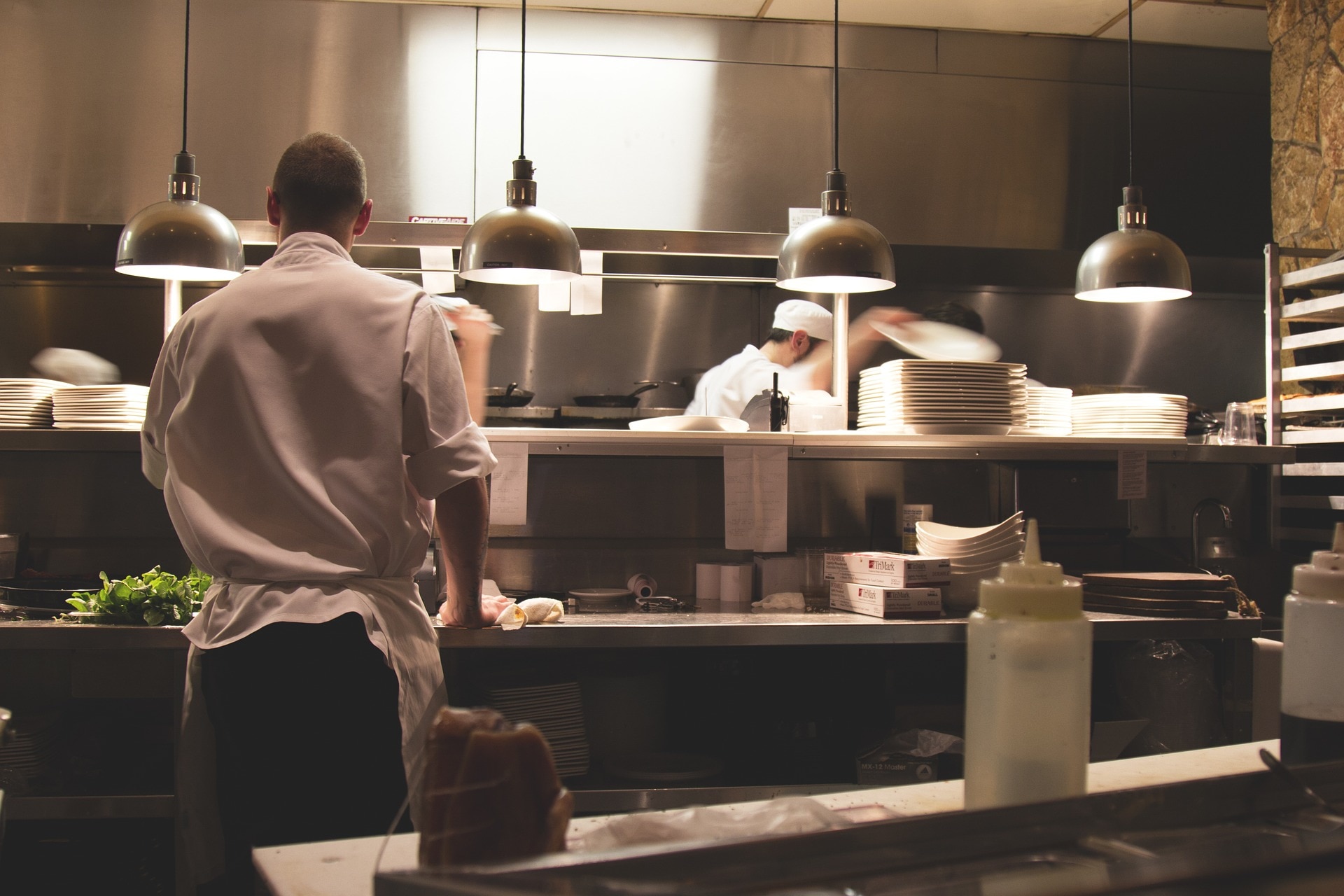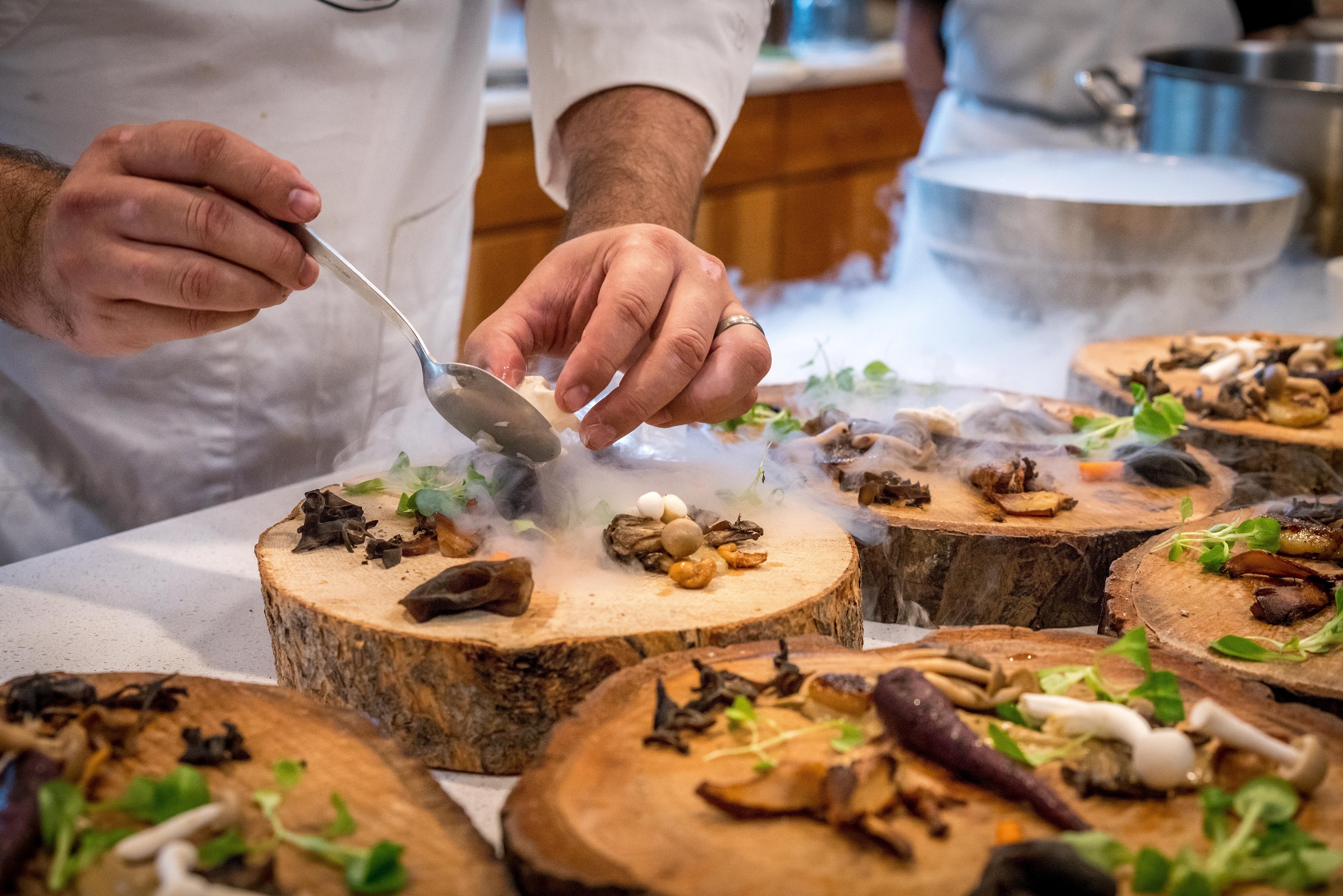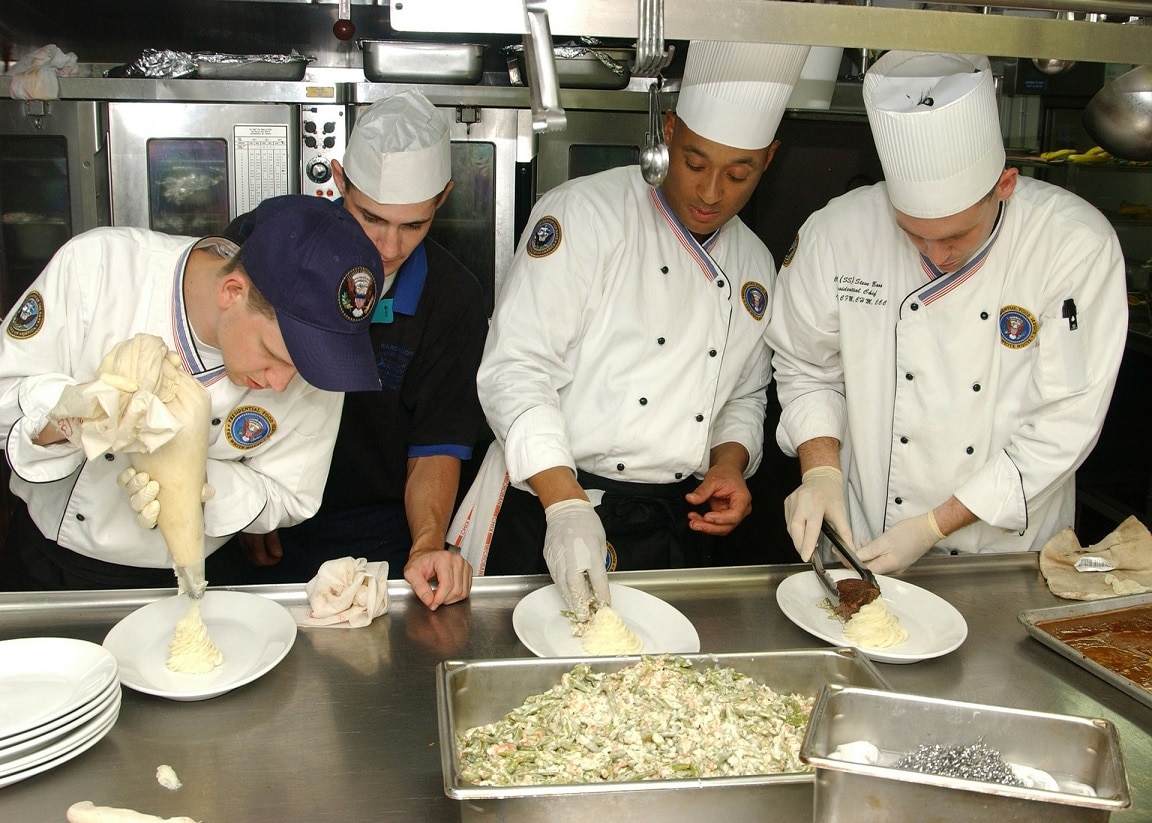South Australian migration agent Arvin Sy Chang's clients are predominantly student visa holders who are looking to stay in Australia permanently after graduation.
According to Mr Chang, Commercial Cookery and Culinary Arts courses are academic pathways that can eventually lead to obtaining permanent residency.
“In terms of cookery, it’s case to case. It’s whether the prospective students have experience [working in the kitchen] or not,” he shares, adding, “but, there are a lot of options for them.”
If you’re interested in studying Commercial Cookery or Culinary Arts in Australia, Mr Chang suggests that you keep these in mind:
1. If you have experience working in the kitchen, it might be best to apply for a skilled visa right away.
According to Mr Chang, a “quick win” would be for an applicant to have both experience and qualifications as a cook or chef.
He shares that the best first step to obtaining a skilled migration visa would be to get an assessment from the Offshore Skills Assessment Program (OSAP) of Trade Recognition Australia (TRA).
“Since April 2018, regarding temporary skills shortage, the government has been requiring cooks to have their skills assessed and to have at least two years of work experience,” he said.
2. Take note of occupations listed under flagged occupations, short-term, medium-term and long-term.
Mr Chang shares that one of the initial steps needed before applying for a visa to Australia is to familiarise yourself with flagged occupations, the short-term skilled occupation list (STSOL), and the medium to long-term strategic skills list (MLTSSL).
Flagged occupations are jobs that could possibly be removed from the skilled occupations list or those that could be demoted from MLTSSL to STSOL.
According to Mr Chang, it is best to set your sights on occupations listed under medium to long-term instead of short-term. Occupations listed under medium to long-term will allow individuals who are taking up two-year courses to obtain a Temporary Graduate (subclass 485) visa. The said visa enables students to look for work for 18 months after graduation.
Because cooks have been demoted to the short-term list, the 485 visa is no longer available to them.
Chefs, on the other hand, are listed under medium to long-term occupations.
3. Study to become a chef instead of a cook.
Cooks are now on the short-term list of occupations so they can no longer obtain a 485 visa.
"What a lot of our countrymen do is they take Certificate III in Commercial Cookery, then Certificate IV in Commercial Cookery because this is the minimum requirement to become a chef. They then study Diploma in Hospitality or any diploma course related to their occupation. Taking up the three courses means that their studies would run for two years," Mr Chang shares.
After studying for two years, a student can apply for TRA's Job Ready Program (JRP). If after the program the individual is able to garner 65 points or more under General Skilled Migration, he or she can apply for the said visa.
Because of the occupation lists in Australia, Mr Chang admits that permanent residency is easier to obtain if you are a chef rather than a cook.
4. Work while you study.
For a good number of international students in Australia, the ultimate goal is to be able to find work and consequently, stay in the country on a more permanent basis.
Mr Chang suggests that students make good use of the 20 hours per week that they are allowed to work. Working while studying will give students Australian experience, will help them accrue the number of working hours necessary for certain visas, and will give them a more solid network.
"In both metropolitan and regional areas in Australia, the demand for cooks is high," he shares.
It is imperative, however, that students understand their rights when they start working.
As Mr Chang puts it, "When you feel that you are being abused by your employer, that you are being underpaid or you are working below the conditions of fair work, move away from that situation because you need proper paper work for your eventual visa. Everything needs to be above board."
5. Northern Territory Designated Area Migration Agreement (DAMA) and other visa options may be available to you after graduation.
After finishing their studies, culinary students have different options available to them if they want to stay in Australia.
According to Mr Chang, a viable option for cooks and chefs is the Northern Territory Designated Area Migration Agreement (DAMA). The said option allows the state to take in particular occupations that are considered as semi-skilled, but are not listed under the Commonwealth's skilled occupations list. NT gives these occupations concessions such as doing away with English requirements and income thresholds for employer-sponsored visas. What is vital when it comes to being eligible for the said visa is to have a minimum skill level requirement of 20 hours per week of work for a year or two, depending on the occupation.
Mr Chang shares that DAMA is also available for Urana in New South Wales and Warrnambool in Victoria.
Another visa option that may be available to culinary students after graduation is the Skilled Independent Visa (subclass 189).
"An ideal situation would be finishing Certificate III and IV, and Diploma. This means that you qualify for the Australian student requirement which gives you additional points for General Skilled Migration. If you study in a regional area or in areas such as South Australia, you are awarded five points. You need a total of 65 points to be eligible for General Skilled Migration. Points add up," he shares.
For more information on DAMA, visit:
6. Understand every step you need to take.
Mr Chang shares that it is important that students understand what they are getting themselves into when they decide to pursue Cookery or Culinary Arts.
"Try to understand not only the initial steps but all of the stages. Try to talk with an agent regarding strategies," he shares, adding, "This allows you to follow a plan and to know what to expect in the end."







Post a Comment
Contact us at graduateaustralia@gmail.com to start your application today!